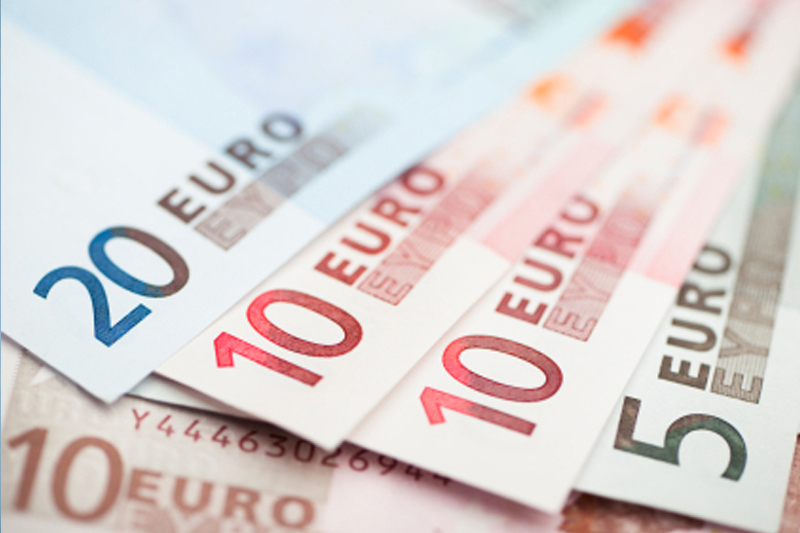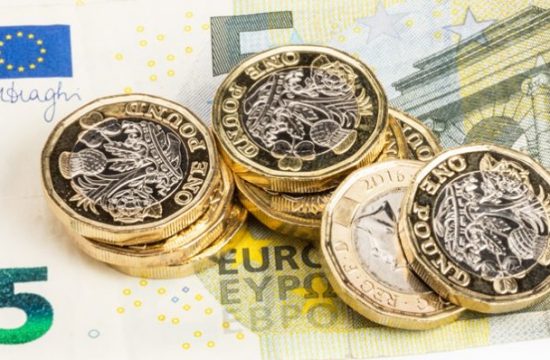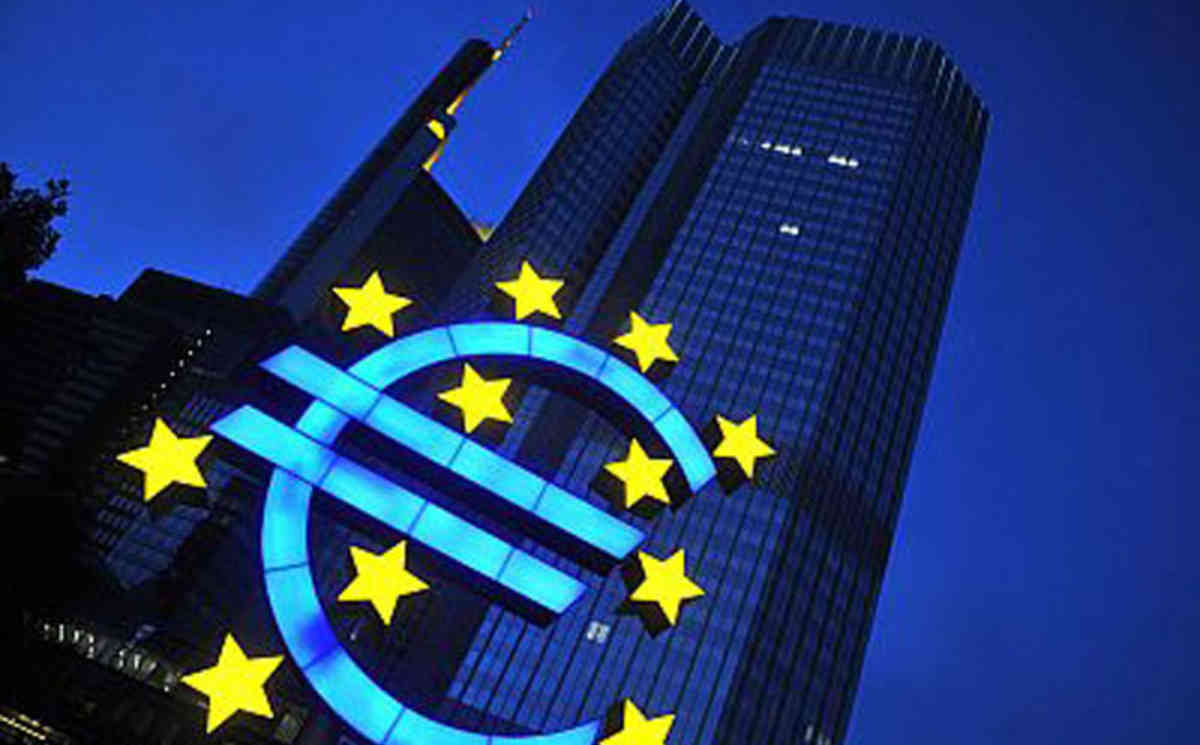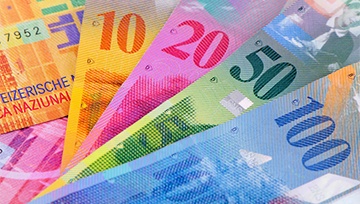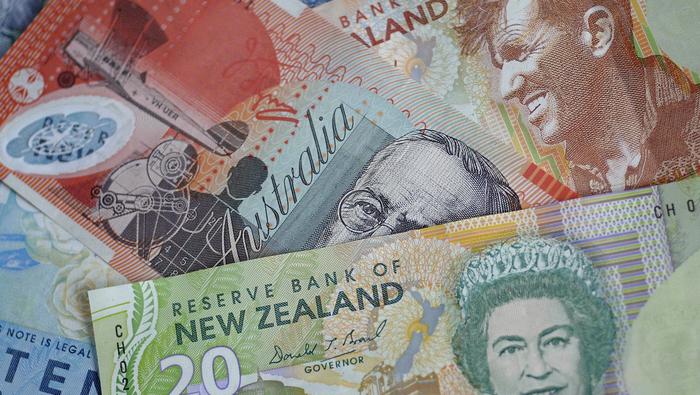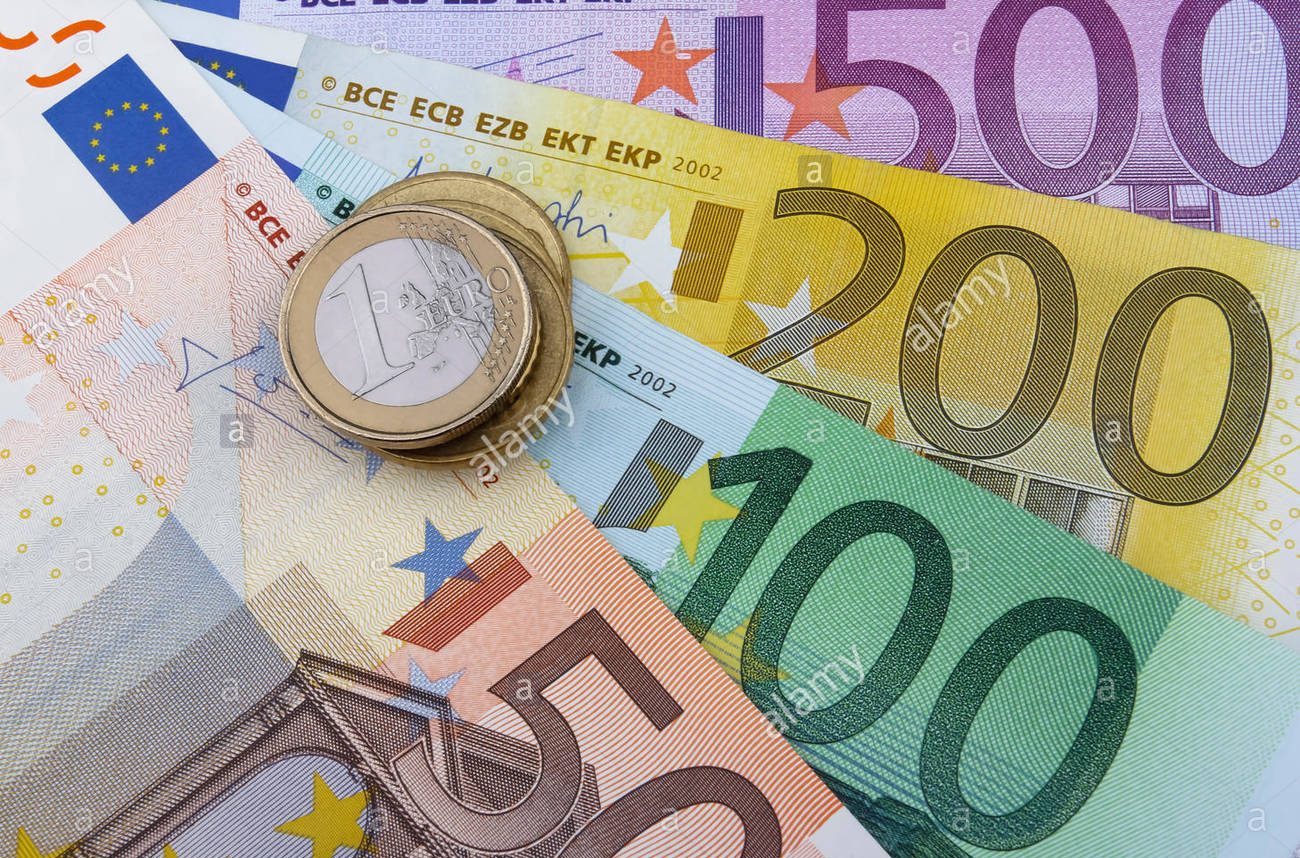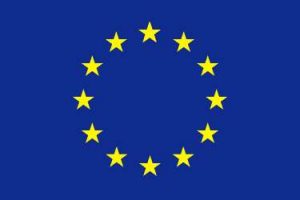
Summary: This week, the EC is expected to table a compromise on the EU recovery fund, Next Generation EU, worth EUR 750 billion. It would constitute a major step forward ahead of the physical EUCO meeting in Brussels on 17 and 18 July that will discuss the latest progress concerning the recovery fund and the MFF. Any reference to a potential compromise regarding the fund this week is likely to strengthen positive sentiment for the euro.
Main progress
- At the latest EUCO meeting, no member state questioned the legal construction behind the recovery instrument – which is a necessary condition to hopefully come to an agreement next week.
- There are still many disagreements, but all countries understand quite well that given the magnitude of the crisis they have no right to fail, they are doomed to find a compromise.
Pending issues
- The composition of the recovery plan is still under negotiations. The Frugal’s preference is that the entire package will be made up of loans. Still, it seems more and more obvious that a big chunk of the package will be made up of grants in order to avoid excessive indebtedness of the countries receiving financial support.
- The use of the funds is also the subject of intense debate. The Frugals want the funds to be mostly used to address the immediate impact of the covid-crisis and to implement structural reforms related to pension and labor markets while the South campaigns for supporting investments for the future (digital, green transition) on the top of financing covid-related expenses.
- The biggest pending issue is certainly related to conditionality attached to the disbursement of the funds. Southern European countries want soft or no conditionality – as reaffirmed by Greece’s PM Mitsotakis to international media last week: We can’t have “troika-style” conditionality. At the other end of the spectrum, the Frugals want a strict milestones-based system where governments have to implement and even pre-legislate deep structural reforms as preconditions for receiving financial support. Said differently, it would be a kind of proto-IMF programme that should mainly address structural deficiencies and would thus involve a level of democratic interference that no country can accept and that would certainly be counterproductive, as it was the case in Greece since 2010 with the Troïka basically controlling all state’s affairs. It is still unclear which kind of conditionality will be applied, but there will be a form of conditionality. Several criteria could be taken into account for the disbursement of the funds, including climate change goals according to European diplomats.
Game-changer
- U-turn in German opinion: According to the ZDF Politbarometer (see below) released at the end of June, 63% of Germans support jointly financed EU corona grants to deal with the crisis (31% of respondents are against this initiative). What is particularly striking is that there is a majority of supporters in favor of grants in all political parties, with the exception of the extreme-right wing AfD. We especially notice that, in contrast to the skepticism of the FDP leadership, 73% of FPD voters are in favor – which is a very high level indicating a real change of heart in what used to be the most Eurosceptic part of the German public opinion. It will definitively serve as political leverage to Chancellor Merkel to convince her political partners to support the idea of corona grants.
Calendar
A physical EUCO meeting is scheduled in Brussels on 17 and 18 July in order to find a final compromise. In the EU, physical meetings between leaders are often needed in order to overcome the last points of disagreement. In the worst-case scenario, if a compromise is not reached next week, the EC has already indicated that a new extraordinary EUCO meeting could be set up in August.


